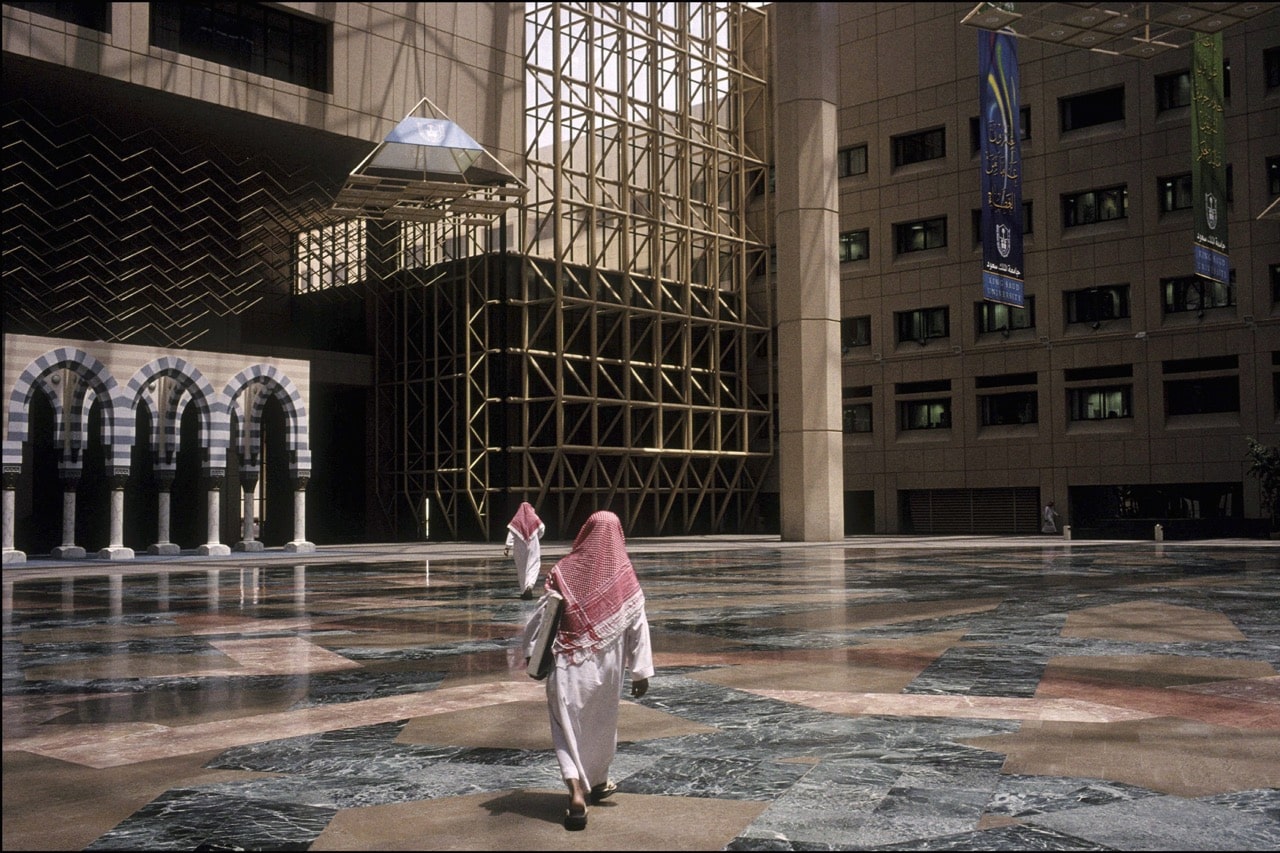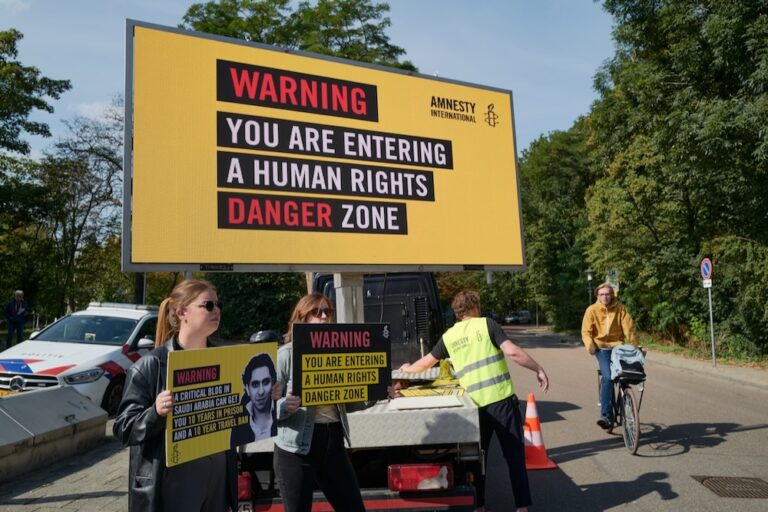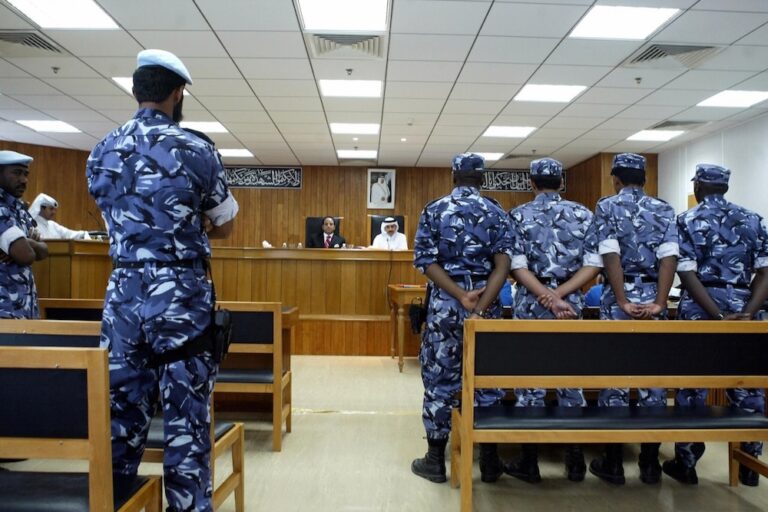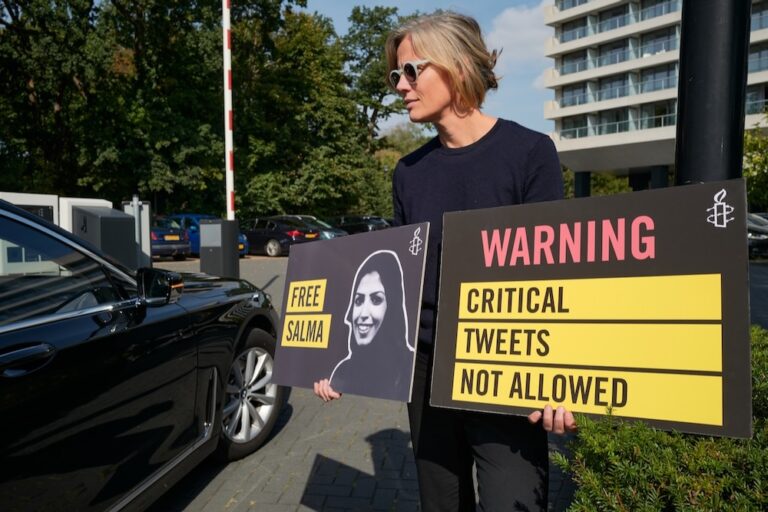The renowned scholar and associate professor in women's history is the latest to be arrested by the Saudi government.
This statement was originally published on gc4hr.org on 29 June 2018.
Saudi Arabia continues to flout international calls to free women’s rights defenders arrested in a crackdown on critics since that began in May 2018, as news emerges of another woman human rights defender’s arrest. According to reports on 27 June 2018, Hatoon Al-Fassi, a writer, scholar and leading women’s rights defender, was arrested this week.
Al-Fassi is a renowned scholar, associate professor of women’s history at King Saud University and the author of Women in Pre-Islamic Arabia: Nabataea. She has long been advocating for the right of women to participate in municipal elections and to drive, and was one of the first women to drive the day the ban was lifted.
Women were officially allowed to drive as of 24 June 2018, and tens of thousands have applied for licenses, with the first licenses being issued the week before.
Al-Fassi had previously told friends she was under a travel ban on 19 June 2018, for unknown reasons. Many other activists are under travel ban, or have been arrested since 15 May 2018, bringing the total now to ten human rights defenders remaining in detention. But she has not been heard from this week until the news that she was arrested was confirmed by Al-QST.
On 27 June 2018, nine United Nations experts again called on Saudi Arabia to urgently release all those arrested in the recent nationwide crackdown. Earlier in June, UN experts had previously voiced calls for the release of all human rights defenders arrested in the crackdown.
In the latest statement this week, the UN experts said, “In stark contrast with this celebrated moment of liberation for Saudi women, women’s human rights defenders have been arrested and detained on a wide scale across the country, which is truly worrying and perhaps a better indication of the Government’s approach to women’s human rights.” They emphasised that “Women human rights defenders face compounded stigma, not only because of their work as human rights defenders, but also because of discrimination on gender grounds.”
The first arrests started when Loujain Al-Hathloul, a well-known women’s rights defender on social media was detained on 15 May 2018, followed by Dr. Eman Al-Nafjan, founder and author of the Saudiwoman’s Weblog, and Aziza Al-Yousef, a prominent campaigner for women’s rights. The next to be arrested were Dr. Ibrahim Al-Modaimegh, a lawyer and human rights defender; Mohammad Al-Rabea, a writer; Abdulaziz Al-Mesha’al, a businessman and board member of a women’s rights NGO; and an unnamed man. Then on 24 May, Mohammad Al-Bajadi, a founding member of the Civil and Political Rights Association in Saudi Arabia (ACPRA), was arrested. They all remain in incommunicado detention in Jeddah with no access to lawyers or their families, apart from weekly phone calls which reveal no information about their exact locations nor the progress of their cases.
Then on 6 June 2018, journalist and woman human rights defender Nouf Abdulaziz was arrested after a raid on her home, and taken to an unknown location where she has been held incommunicado. Following Abdulaziz’s arrest, woman human rights defender Mayya Al-Zahrani published a letter from Abdulaziz, who prepared something for publication in case she was arrested. Al-Zahrani was then arrested herself on 09 June 2018, for publishing the letter.
The Gulf Centre for Human Rights (GCHR) and its partners have documented the arrest of around 20 human rights defenders, many of whom are supporters of women’s rights campaigns. Eight have been released, including generations of women who fought for the right to drive and to live free from the control of a male guardian. But those released may still face re-arrest as new reports say they may have been released only temporarily “until the completion of their procedural review.”
The human rights defenders in detention have been referred to the Specialised Criminal Court (SCC), and they could face between three and 20 years in prison if convicted. The SCC was set up to try terrorism cases, but has been misused.
A petition was launched to support the Saudi feminists, signed by many prominent human rights defenders in the Middle East. You can show your support by signing and sharing the petition.
GCHR continues to urge the Saudi authorities to:
. Release all persons detained solely for peacefully exercising their rights to freedom of expression, association and peaceful assembly immediately and unconditionally, and drop all charges against them;
. Immediately reveal the whereabouts of Hatoon Al-Fassi, Nouf Abdulaziz, Mayya Al-Zahrani, Loujain Al-Hathloul, Eman Al-Nafjan, Aziza Al-Yousef, Dr. Ibrahim Al-Modaimegh, Mohammad Al-Rabea, Abdulaziz Al-Mesha’al, and Mohammad Al-Bajadi, and allow them immediate access to their families and lawyers of their choice;
. Guarantee in all circumstances the physical and psychological safety and integrity of all human rights defenders in Saudi Arabia;
. Immediately put an end to the harassment of women human rights defenders, including those who have been actively and bravely campaigning for women’s rights, including by lifting travel bans against them;
. Allow all members of Saudi society including women to exercise their rights, including their rights to freedom of expression, peaceful assembly and association, without any judicial harassment or other reprisals; and
. Guarantee in all circumstances that all human rights defenders, including women’s rights defenders, are able to carry out their legitimate human rights activities without fear of reprisal.



